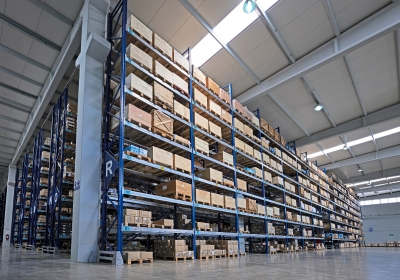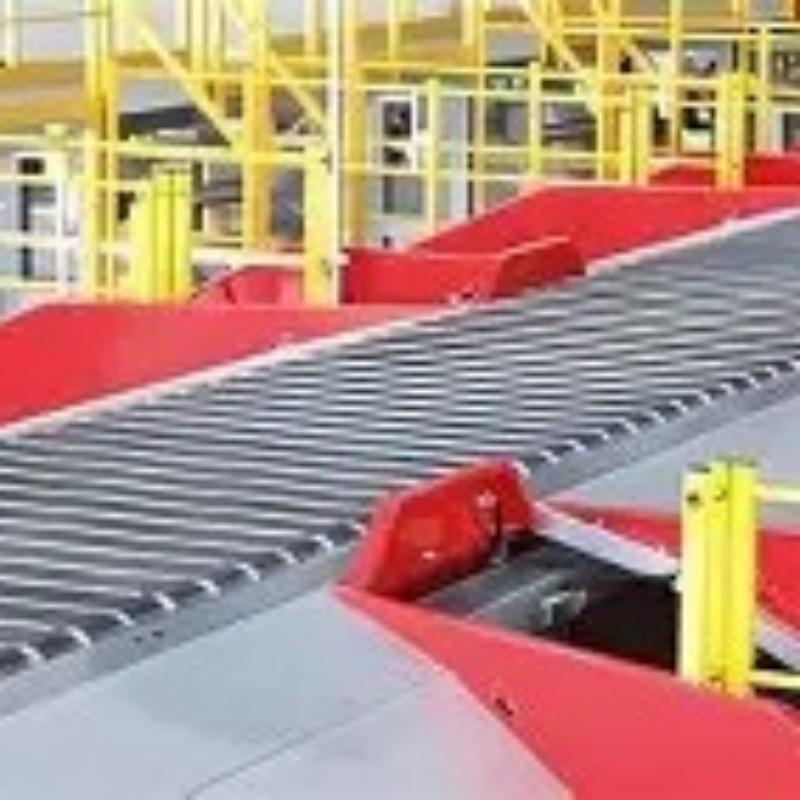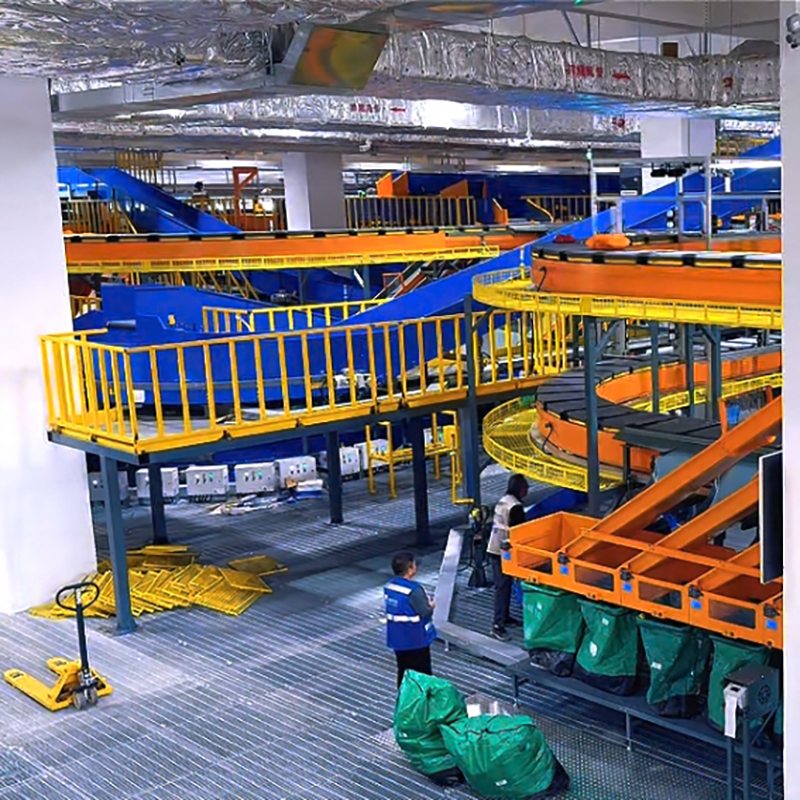With the rapid growth of e-commerce and the increasing demand for faster delivery, the logistics industry is experiencing unprecedented transformation. Among all logistics processes, sorting plays a pivotal role, as its efficiency and level of automation directly impact overall delivery speed and cost management. In recent years, automated sorting equipment has become a key investment focus for logistics enterprises.
**1. Evolution of Sorting Technology**
Traditional manual sorting is not only low in efficiency but also prone to errors, making it difficult to handle the modern logistics demands of high volume, small batches, and diverse product types. Automated sorting solutions, such as cross-belt sorters, narrow-belt sorters, and swivel sorting systems, are increasingly being adopted. These systems use mechanical structures combined with intelligent control to rapidly identify, sort, and transport packages, significantly improving efficiency while reducing labor costs and errors.
**2. Intelligent Upgrades**
Modern sorting systems are moving towards greater intelligence. By integrating OCR recognition, barcode scanning, and dimension & weight measurement technologies, sorting equipment can track packages throughout the process and optimize operations dynamically. For instance, packages can be automatically identified and routed to their designated destinations during transport. Additionally, AI algorithms enable systems to predict peak periods and adjust operations in advance, enhancing both efficiency and stability.
**3. Green and Sustainable Operations**
With growing environmental awareness, logistics companies are focusing on energy-saving and eco-friendly designs. Next-generation sorting equipment optimizes motor energy consumption, conveyor materials, and operational strategies to reduce power usage and carbon emissions. Some companies even incorporate recyclable and sustainable materials, achieving a greener lifecycle for sorting systems.
**4. Future Outlook**
The sorting industry is expected to continue evolving along these lines:
1. **Full Intelligence**: Sorting systems will increasingly integrate with warehouse management and transportation scheduling systems for end-to-end intelligent operations.
2. **Modular and Flexible Design**: Equipment can be adapted to warehouse space and business volume, offering flexibility to meet diverse customer needs.
3. **Data-Driven Operations**: Data generated by sorting systems will be leveraged for predictive analysis, layout optimization, and improved operational decisions.
In conclusion, automation and intelligence are the core drivers of the sorting industry. As technology advances and market demands continue to evolve, companies must continually upgrade their sorting equipment to improve efficiency and maintain a competitive edge.




